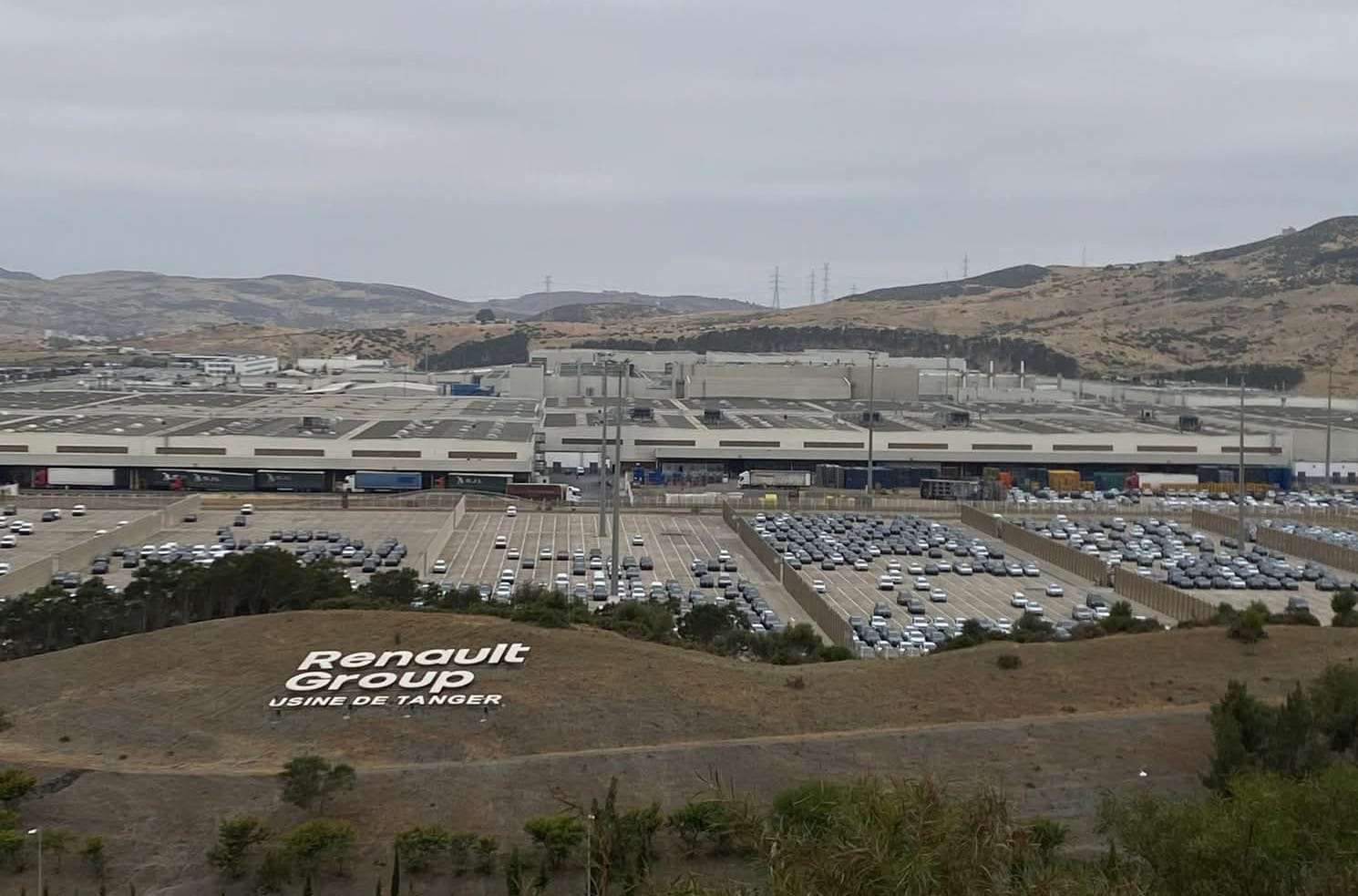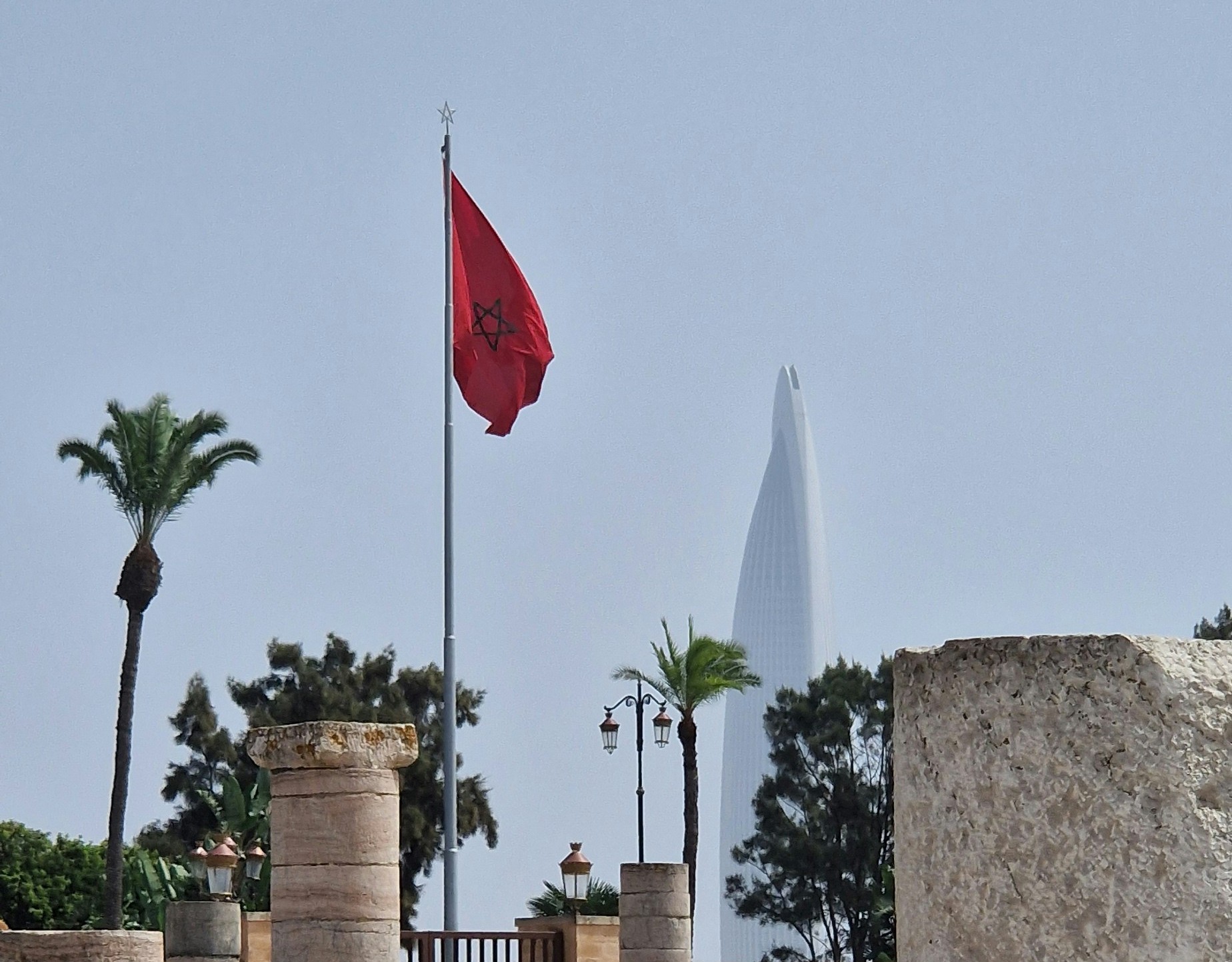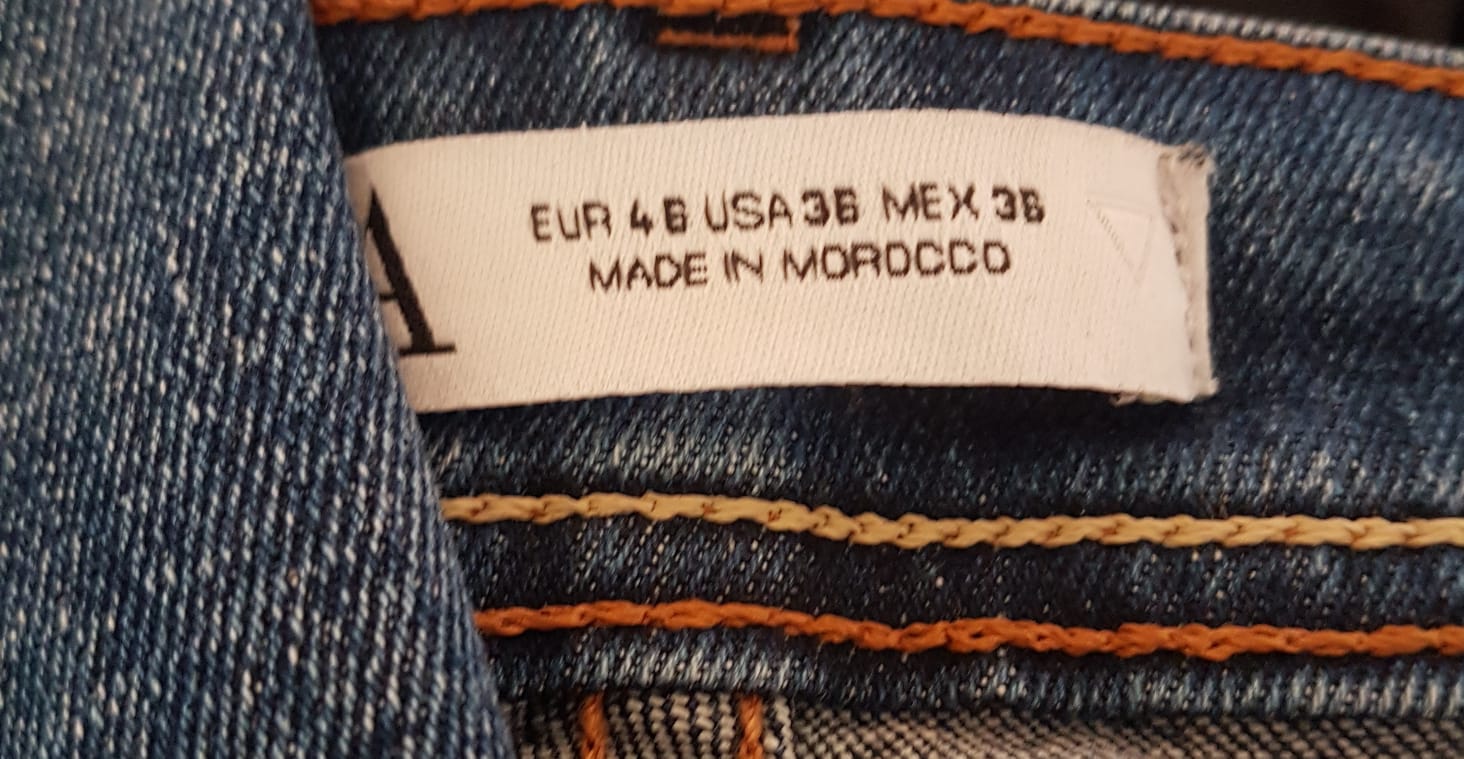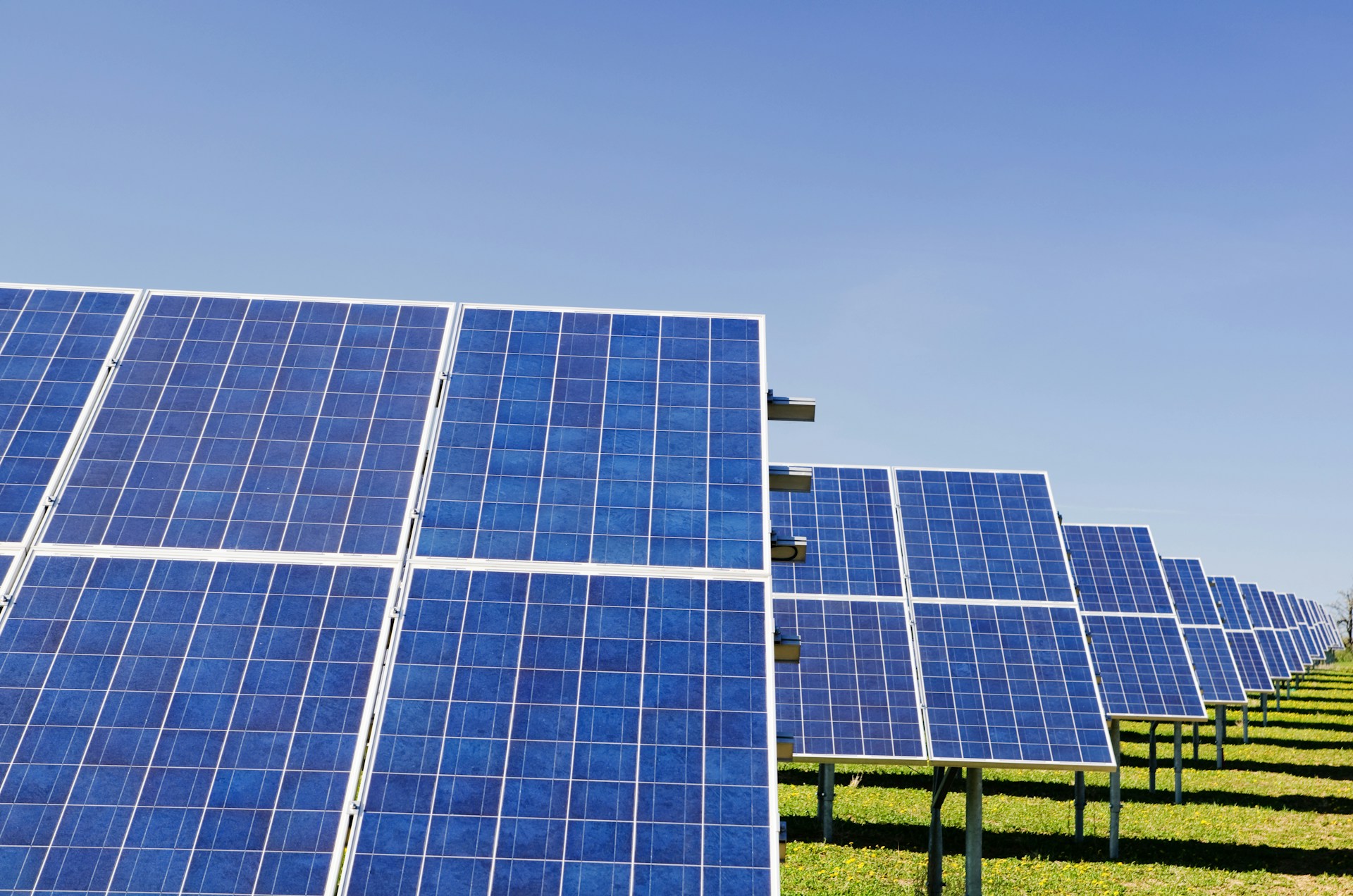Casablanca – In a recent analysis, Bloomberg, the renowned American economic magazine, has highlighted the profound impact of ongoing droughts in Morocco on its agricultural sector and international trade. The country’s heightened reliance on wheat imports amidst plunging domestic production underscores the severity of the situation, with far-reaching consequences across European and African markets.
Morocco, faced with a fivefold increase in drought frequency since the early 2000s, is confronting a critical agricultural crisis. This alarming trend has not only drastically reduced wheat yields to historic lows but also threatened the supply of essential agricultural exports such as fruits and vegetables, which are vital for economies in Europe and Africa dependent on Moroccan produce.
The current wheat harvest, estimated at less than 2.5 million tons, significantly falls short of national consumption demands and marks a troubling decline comparable to the aftermath of the 2007 global food crisis. To address this shortfall and stabilize food prices, Morocco has been compelled to escalate its wheat imports to unprecedented levels.
Nizar Baraka, Morocco’s Minister of Equipment and Water, has urgently advocated for adaptive water management policies in response to prolonged drought conditions. His proposed strategy includes expanding seawater desalination projects along Morocco’s coastline and integrating renewable energy sources to ensure sustainable water management practices nationwide.
Morocco’s commitment to enhancing its water resilience is evident in ambitious initiatives aimed at producing 1.5 billion cubic meters of desalinated water by 2030. These initiatives are crucial not only for safeguarding urban water supplies but also for sustaining agricultural irrigation essential to maintaining national food security.
Furthermore, the ramifications of reduced agricultural output extend beyond domestic markets, impacting international trade agreements and export dynamics. Morocco’s ability to supply European and African markets with essential agricultural products has been severely compromised, triggering fluctuations in global food prices and testing longstanding trade relationships.
Bloomberg’s report underscores Morocco’s urgent need for comprehensive drought mitigation strategies and sustainable agricultural practices to navigate the challenges posed by increasingly erratic weather patterns. Balancing immediate food security concerns with long-term environmental sustainability will be pivotal in fortifying Morocco’s resilience against future climatic uncertainties.
















